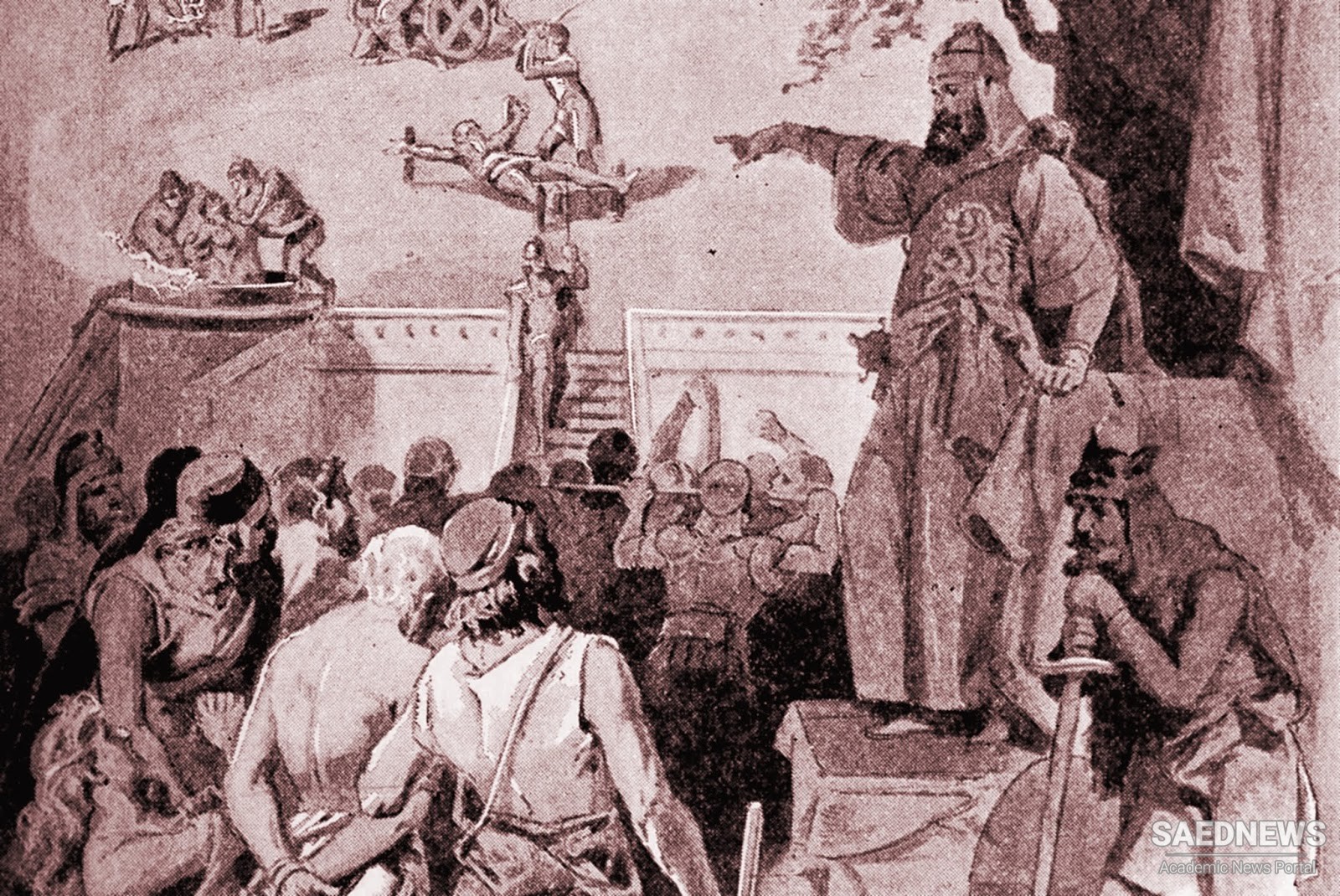The support in question was nothing more than a letter written by the Pope to the Shah , which ‘had little or no effect at the Safavid court.’ In 1672, for example, Louis XIV sent a certain Sieur de la Jonchère to petition Shah Sulayman against the persecution of the Armenians. Sieur de la Jonchère died during his journey, and the protest of Louis XIV was never heard. It is worth noting, however, that Louis XIV was solely interested in the fate of the Armenians who professed the Catholic faith. Chardin confirms that the European Christian ambassadors did nothing to improve the situation of the Armenians, and in fact worked against them. Indeed, many Christians were forced to abandon their faith in this period.759 Even the European travellers were indifferent to the Armenians’ problem. Chardin and Tavernier praised the Grand Vizier, Muhammad Beg, despite his persecution of Armenians, as he was well-disposed towards foreign merchants.
In the foregoing pages, we explained that not only did the Pope and the European monarchs not support the Armenians, but that their economic and religious ambitions in Iran were detrimental to the interests of Armenians. On some rare occasions, the Armenians did receive support from the missionaries. This happened in 1609, when Shah Abbas I demanded that the non-wealthy Armenians of Isfahan return him the 400 tumans he had lent them after their deportation. The Augustins, hoping to convert them to Catholicism, provided them with the required sum. Shah Abbas was vexed by the Augustins’ interference and forced many Armenians to embrace Islam, which most of them managed to leave discreetly. Similarly, the Ottoman Jews, as we saw earlier, had also intervened on behalf of the Iranian Jews whilst they were in trouble. Consequently, the Armenians had no stronger a foreign support than Iranian Jewry.
At other times, we are told that the French and the Dutch had requested safeguards for the Armenians in their service. However, in these cases they had asked for similar guarantees for the Baniyans and even the Muslim Iranians working for them. They were not truly concerned about the welfare of the Armenians, but were worried about their own commercial interests.
In sum, the Armenians, like the Jews and the Zoroastrians, could not count on exterior support, and had to rely on their own negotiating skills. During the crisis of 1619-1621, when there was pressure on the Armenian community to convert, all the Carmelites could do was give moral support. The Armenian merchants, on the other hand, had the financial means to threaten Shah Abbas I. They simply refused to return to Iran and hand him his share of profits until he had relieved the Armenians from the menace of enforced apostasy.


 Hamas: Ideological and Religious Themes
Hamas: Ideological and Religious Themes














































